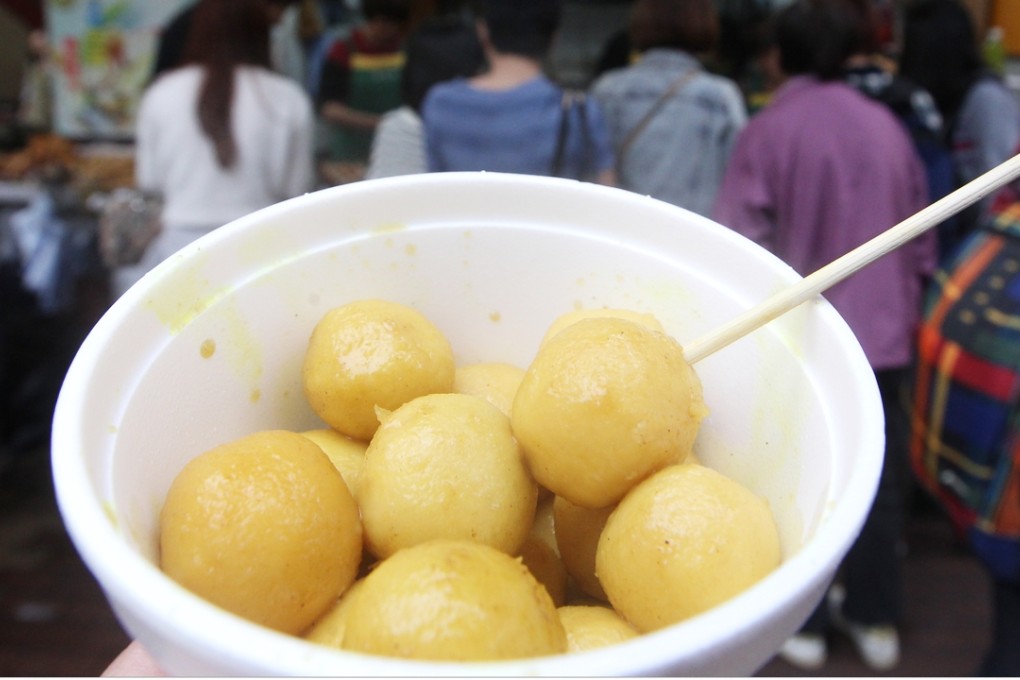Fishball spike: world searches for meaning in Hong Kong treat that helped spark a riot
People the world over ponder what role the humble snack could possibly have played in sparking Hong Kong's worst unrest in decades

A spike in fishball searches online has been recorded as global interest turns to the Mong Kok riots, with Google Trends showing a sharp uptick in interest over the fast-food.
After the 10-hour protest-turned-riot on Monday night and Tuesday morning shocked Hongkongers with a scale of violence and destruction not seen in decades, the world was left scratching their heads as to what could have caused such unrest.
Britain's The Guardian newspaper led with the headline Is Hong Kong really rioting over fishball stands?" The food entered headlines from Italy to the United States, where it was likely unfamiliar to many readers.
Singapore and the Philippines were the sources of much of the interest shown in the riot, where the food is a popular snack and many web searches revolve around recipe ideas.
But a rise in searches for simply the term "fishball" was also seen as people sought an explanation of the term.
Since the start of February, searches for “fishball” have jumped 34 per cent and “fish ball” 26 per cent, according to Google Trends, before which the name had seen a steady, slowly rising level of interest for a decade.
The food – a concoction of flour and fish meat to varying degrees, and seasoning – is rarely offered outside Asia.
